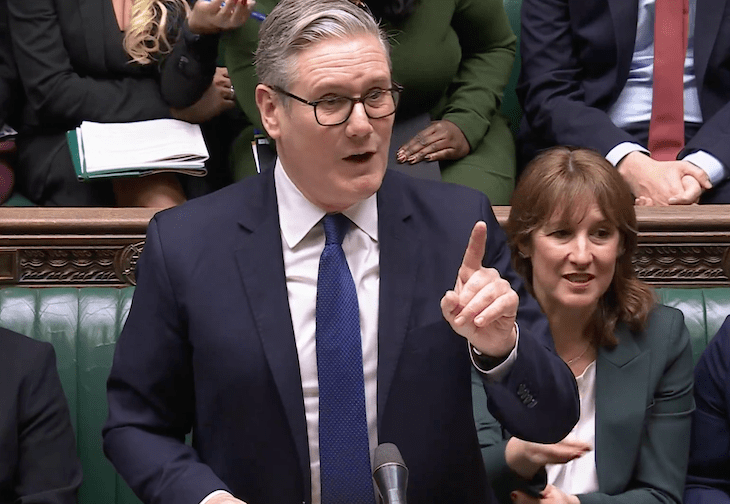I’m a hopeless technophobe. I dislike the stylish laptop I’m using and its subdued pad pad pad. I still long for the clatter and ting of my old typewriter. It was a sturdy soul, utterly obedient, only needing a new ribbon occasionally. It lived for 40 years before being interred in a quiet corner of my attic. I’ve had several computers since and they have all been tricksy. I often fantasise about tracking down another ancient typewriter that could be coaxed back into service. There are still several writers determinedly tapping away. The American novelist Danielle Steel has achieved a billion sales by working on a 1946 typewriter. Jilly Cooper wrote her recent bestseller Tackle! on a red manual called Monica. And it’s not just literary ladies of a certain age who stay faithful to their typewriters. The eminent Alan Bennett, author, playwright, diarist, and reluctant National Treasure is still tapping his typewriter keys too, working on a new screenplay.
My network provider messages me frequently to upgrade my mobile. I’m still using an indestructible flip-top that’s survived many falls and one partial drowning. I enjoy being out of email contact away from home, and I have no interest in gifs or memes, though I feel the ubiquitous use of QR codes might force me to buy a smartphone eventually. However, I’m dependent on one amazing technological device: my own implanted defibrillator. I had heart failure 16 years ago, so the Royal Brompton Hospital fitted me with one, discreetly tucked inside my chest like an internal iPod. If my heart stops it shocks me back to life. Its battery lasts five or six years. I’ve recently had my third defibrillator inserted and I’m now bouncing along like a Duracell bunny.
I need energy and stamina because I’m about to start a tour across Britain, talking about my new adult book, Think Again. I wrote a quartet of books about three young teenage girls in the 1990s. I wanted to find out whatever happened to them now they’re 40. It’s an interesting age, when many people question their relationship or lack of one, and wonder whether they want a baby or a new profession. It was a delight to nip out of the children’s corner and write about adult concerns for a change. If my calculations are correct (unlikely) it will be my 120th book. If I were using a typewriter I’d bang a row of XXXs through that last sentence, because it sounds like unpleasant boasting.
With the most tenuous link, I’m fascinated by the sudden craze for competitive book lists. Grown adults are compiling lists of all the books they’ve read this year. People devouring Dickens or tackling Middlemarch want to claim extra kudos for reading long classics, so although their wordcount is enormous their actual novel count is modest. It’s a delight that people care so much about reading. It seemed in danger of becoming as niche a passion as stamp-collecting.
I’m helplessly competitive and highly irritated that I can’t remember all the books I’ve read since 1 January. I’ll just name my three favourite novels from the first half of the year. No. 1 is You Are Here by David Nicholls, a love story between two unlikely characters, the oldest plot in the book, but written with charm and wit. It even made me consider walking the Northumberland Coast Path – though I’ve yet to buy my walking boots. No. 2 is In Memoriam by Alice Winn, a devastating novel about the horrors of the first world war and the experiences of two young public school boys forced to hide their mutual passion. The traumas of that terrible war made me think sadly of my long-dead grandfather, who fought in the trenches and was invalided out. He was a timid, fastidious man who never spoke about his experiences until he was in his seventies, dying in hospital. He thought he was a young soldier again and suffered agonies that he might be sent back to the front. The third is Private Rites by Julia Armfield, a sharply told surreal tale of three sisters in a future water-logged world. As I read it, the rain lashed down outside, which was disconcerting, especially as the fields still show signs of last season’s horrendous flooding.
As a bibliophile, I’m delighted to be told that the latest desirable object on social media is a £15 tote bag from the Marylebone bookshop Daunt. It’s a beautiful shop, and I’m so glad it’s now a trendy destination. Book tote bags are fantastically useful. I have stout green Peter Harrington book bags, Sotheran’s bags, Addyman book bags from Hay-on-Wye, Much Ado bags from my village – but I don’t have a Daunt. However I’m going to a launch this week for Sam Leith’s marvellous-sounding book on childhood reading, The Enchanted Wood – and guess where it’s being held!
Jacqueline Wilson’s new novel Think Again is published on 12 September.







Comments